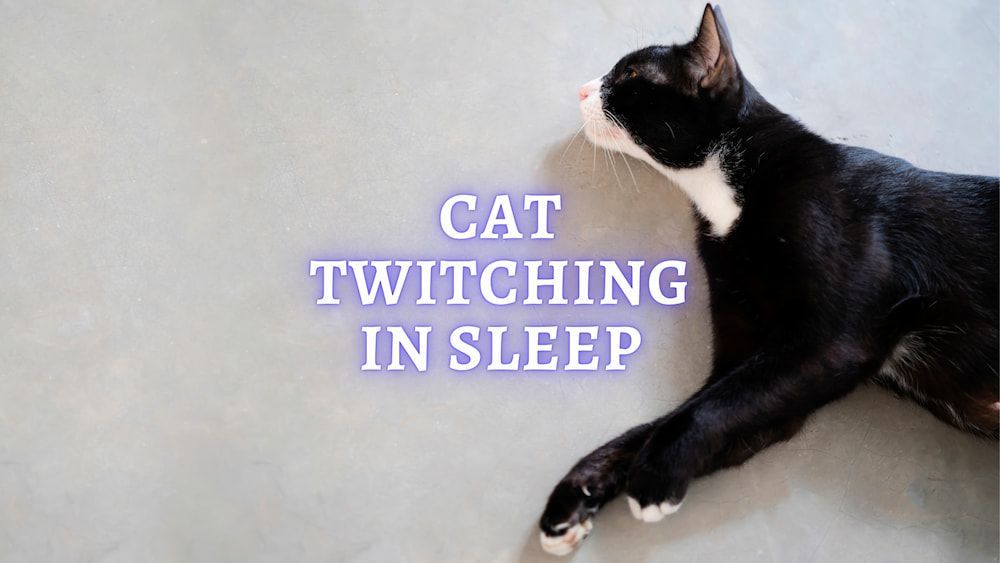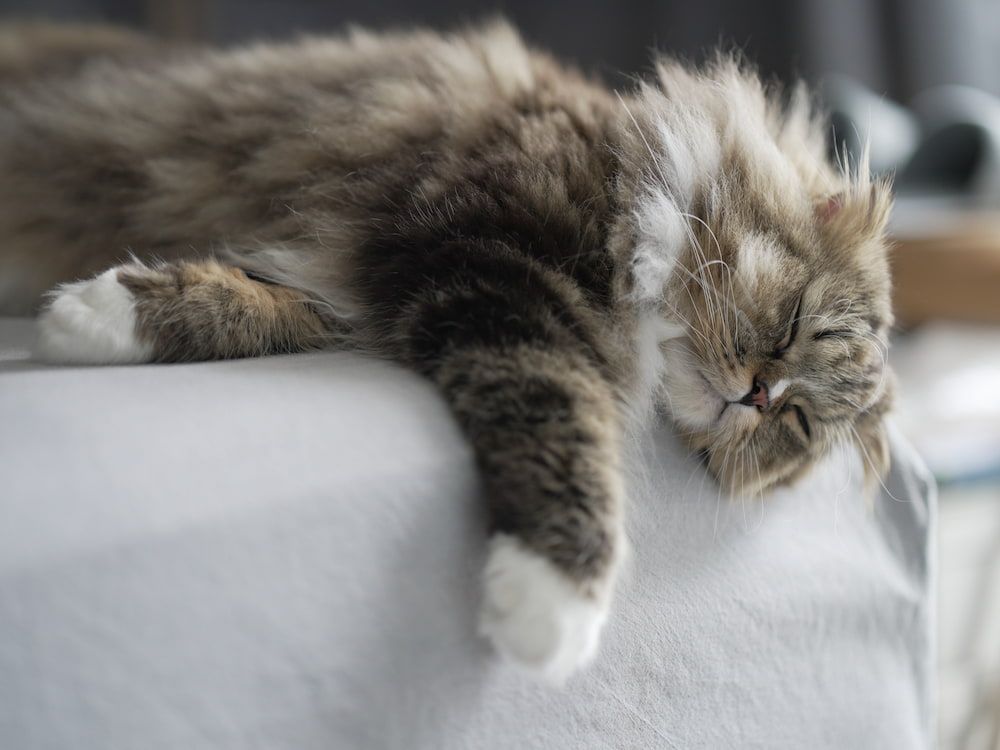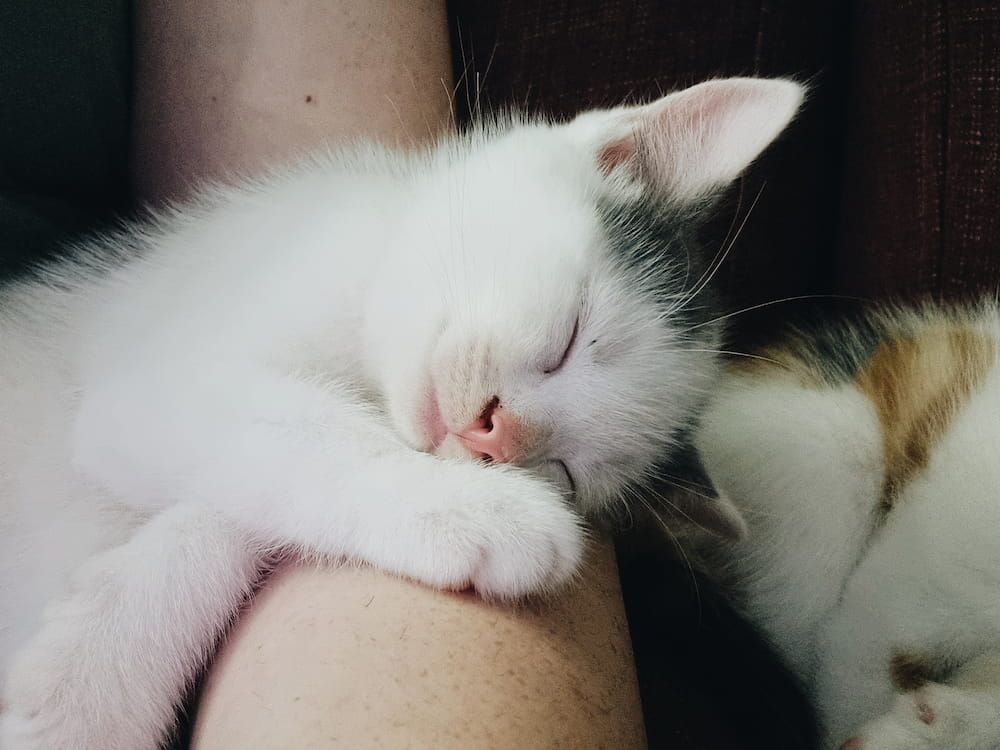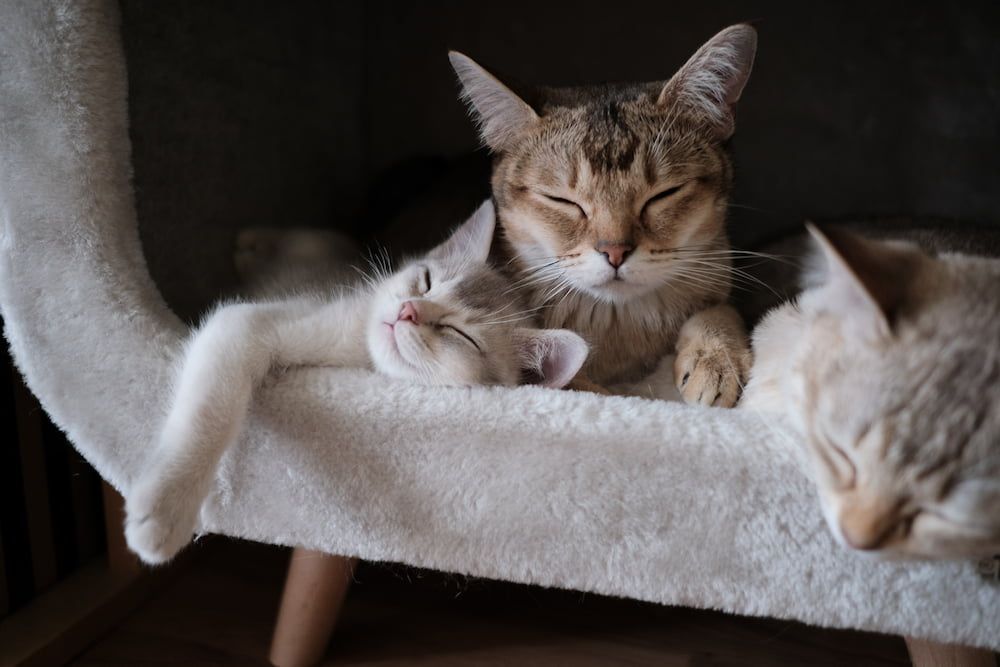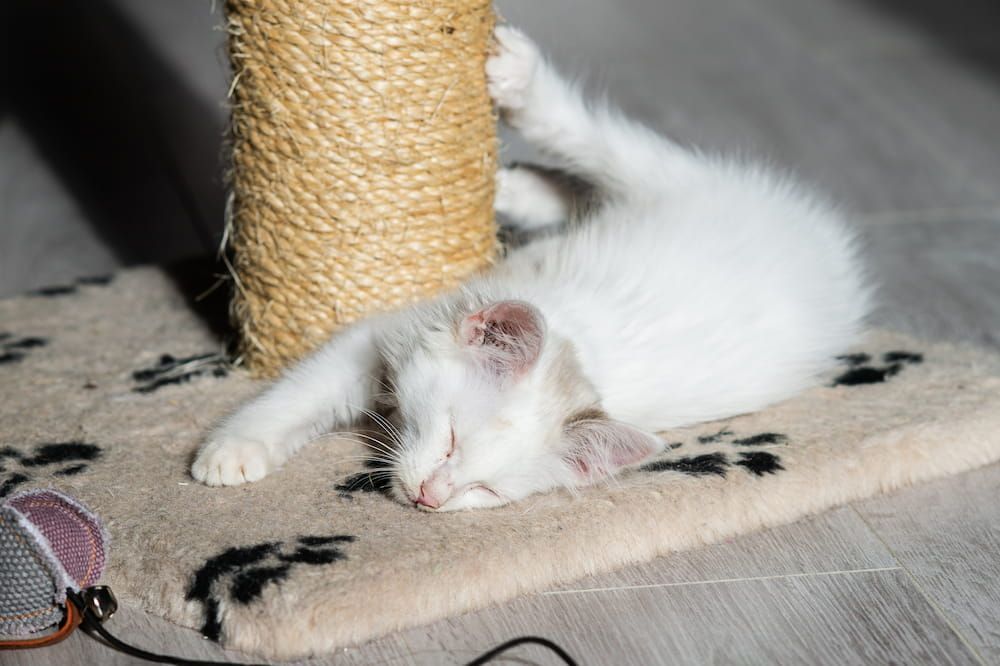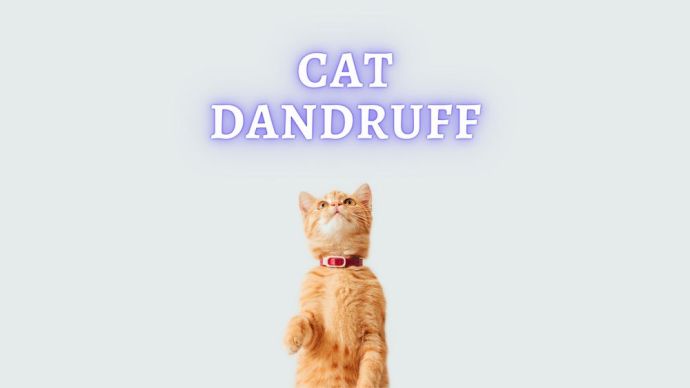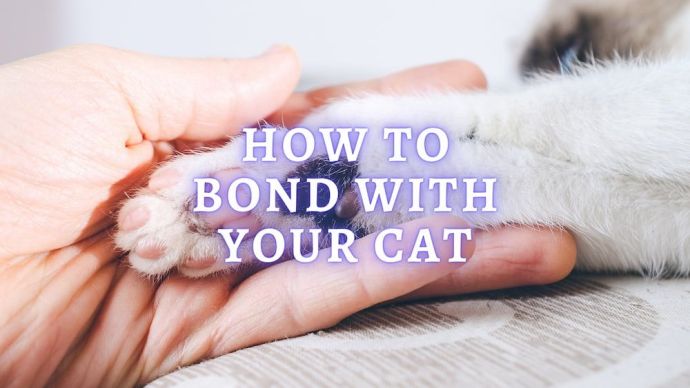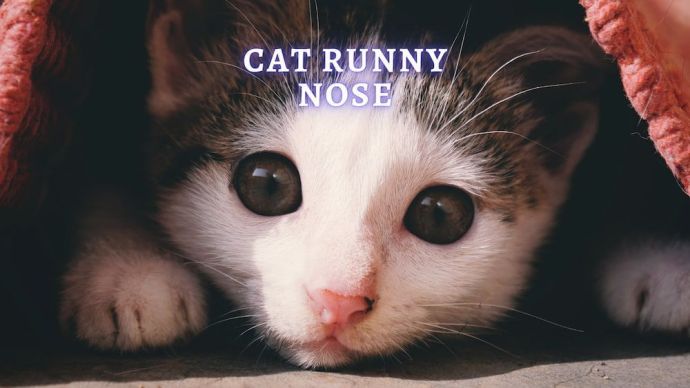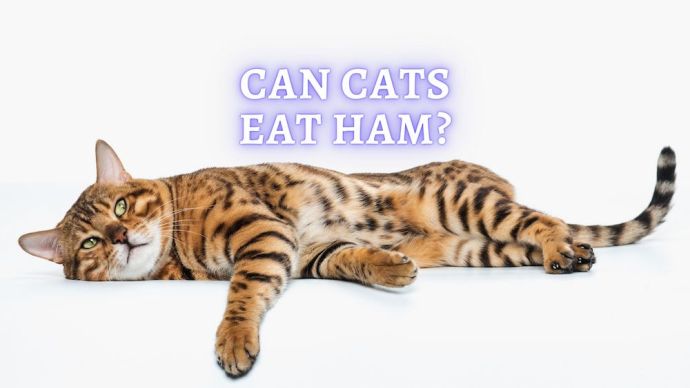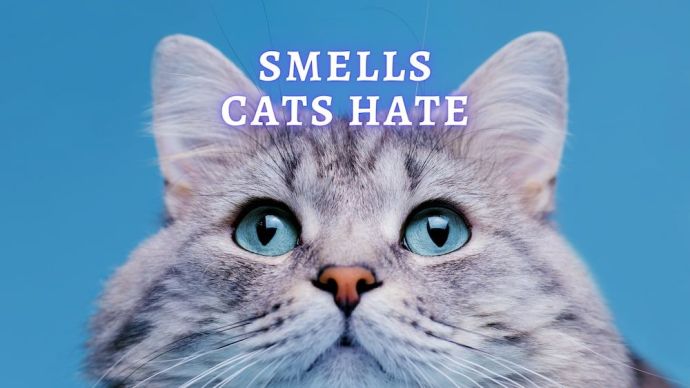Cat Twitching in Sleep: How to Know Cat Twitching in Sleep or Having Seizure
Written by:
Author: Vicki Smirnova
Vicki Smirnova is a professional writer and editor who adores animals and helps readers get along well with their pets. She has been working in digital media for more than 5 years and has great experience writing content about lifestyle, including pets. Vicki specializes in dog health and nutrition, cat feeding, dog training. She is an aquarium lover and is passionate to write about fish care at home. Also, Vicki headed several websites and worked as a news editor.
View all 244 articlesLearn about our editorial process and veterinary review board.
Reviewed by:
Veterinary review
by Dr. Linda Simon
Dr. Linda Simon is a veterinary surgeon working with seven years of experience. She is a fellow of the British Veterinary Association and specializing in animal medicine. Also, she has been the Woman magazine resident vet for the past two years and writes a regular column for them, focusing on pets and their health.
View all 30 articlesLearn about our veterinary review board
Viewed: 384
Updated on: 05/23/2022
Cat owners often notice how their cat twitch in their sleep. This is especially noticeable in kittens. You should not worry, this is usually normal, but you should be attentive and distinguish between harmless twitches and something worse, such as a convulsion. Let’s take a closer look at why a cat may twitch.
REM sleep and the deep sleep phase
Domestic cats have basic needs, including having regular, restful sleep. A cat that sleeps a lot is active and playful during waking hours and has a good appetite. Lack of sleep harms a pet. You should familiarise yourself with what normal sleep looks like for your cat and be aware of if something is amiss.
Сats sleep from 12 to 18 hours a day – depending on individual characteristics. In the wild, cats sleep less, and they are forced to get their own food and look for a safe place to sleep. A domesticated pet lives in satiety and has suitable conditions for rest, so it can sleep at any time. The average adult cat needs 16 hours of sleep. But despite this, the need for rest is different for each cat.
Factors that determine the rate of sleep for cats:
- sex;
- age;
- breed;
- temperament
- Lifestyle and activity levels
- weight;
- health status.
Temperament is mainly determined by the breed. Representatives of Asian, Oriental, and Siamese-Oriental breeds are excitable cats that sleep less. Calm cats sleep more, and, as a rule, these are representatives of the Persian, Siberian, Scottish and British breeds and Maine Coons.
Sexual activity can affect sleep patterns. Cats during estrus sleep little. As soon as the hormonal background returns to normal, the pet will begin to sleep in the same patterns as before. Neutered cats do not show these features and their sleep patterns fluctuate less regularly.
The biorhythms and instincts of cats are laid down by nature itself. For long millennia, they have helped animals survive and escape from danger. The domestic cat has not lost its natural instincts and prefers a nocturnal lifestyle. For the animal, this is the ideal time to hunt.
Cats see their prey well in the dark but, at the same time, remain invisible. In their house, cats do not need to get their own food by hunting, so the sleep and wakefulness regime can be readjusted so that both the owner and the pet are comfortable. A pet can learn to sleep at night, stay awake, and play most of the day.
Observant owners may notice that their pets’ sleep is not always the same. Cats have two phases of sleep that differ in the level of brain activity, and REM stage is replaced by a stage of deep sleep when the pet’s body is effectively restored and revitalized.
The REM stage ranges from 15 to 30 minutes per cycle. Cardiac activity and breathing are not particularly depressed, and the pet has an active brain. The cat’s eyes move behind their eyelids. If there is even a slight noise or movement nearby, the cat may wake.
The deep sleep phase is shorter: 5 to 10 minutes per cycle. Biorhythms slow down, the muscles completely relax, and recovery processes actively occur. Owners may notice the breathing rate is much slower than when awake. Waking up a cat that has fallen into a deep sleep is more complicated than light sleep. At the same time, the pet often moves its whiskers, and sometimes the cat’s paws twitch in a dream.
Main reasons why cat is twitches in the sleep
Twitching in their sleep is normal in kittens and adult cats, and movements result from the neurons firing in the brain. Scientists have good reason to believe that pets experience dreams and a range of emotions in their slumber. However, sometimes excessive twitches in sleep are pathological in nature, and this is when we need to pay attention and seek veterinary care.
1. Kitten growing up
Light twitches in sleep are common during dreams, especially in younger cats. Do not worry if the kitten sleeps in an unnatural position or has his eyes slightly open. The first is explained by the fact that kittens are not so demanding of comfort, and the second is due to the presence of a third eyelid, a transparent film that protects the eye during sleep, even if it is open.
A kitten can twitch a lot, roll over, and even meow after stress or active play. If the kitten is sleeping and you notice that his paws are twitching, we can assume he is walking or running in his dream.
Another reason why the kitten is shaking may be helminths (worms). Helminths are a reasonably common occurrence even in cats that do not leave the house. Eggs of worms can be brought into the house on a person’s shoes, and they can get into the body of a small kitten if they lick the shoe or floor.
Helminths cause diarrhea and ill thrift and can even lead to complete blockage of the intestines and death of the kitten if present in his numbers and not treated. A kitten with worms is more prone to bloating and you may well see that tummy tremble.
The next and rather serious reason why a kitten may be trembling could be a neurological disorder such as an infection of the central nervous system. These kitties will also have symptoms while awake; such as a wobbly walk and lethargy.
If these symptoms are detected, the veterinarian will perform a thorough neurological assessment and may also run some specific blood tests and imaging studies. Treatment will depend on what is going on and may include e.g. antibiotics and anti-inflammatories.
We may also see twitching if a cat has low calcium, low sugar or abnormal salt levels. These abnormalities would usually be associated with underlying health issues such as dehydration or a recent toxin ingestion. They can be confirmed with a blood test.
In the post-birth period a seizure may indicate postpartum eclampsia, a hazardous condition that can lead to the pet’s death if untreated. It is caused by low calcium levels as the calcium is excreted in the breast milk and the diet may not match the mother’s high needs.
2. Cats twitch when having a dream
In France in 1965, scientists Delorme and Jouvet conducted experiments involving cats. As a result, it was possible to find out that after the removal of the part of the brain responsible for blocking the muscles during sleep, the animals began to move without waking up, which was similar to the action undertaken while running or hunting. This led scientists to the idea that animals dream. But so far, there is no conclusive evidence of this phenomenon.
Good sleep for cats is the key to proper development, good health, and longevity. Scientists tend to believe that cats dream, just like humans. With the development of technology, it became clear that animals experience various emotions in their sleep: fear, curiosity, panic, joy, irritation, and much more.
READ MORE: Cat Sleeping Positions an their Meaning
Having seizures or muscle spasms?
We should immediately consult a doctor if the movement while asleep resembles convulsions. At the slightest doubt, wake up your pet and watch the speed of his awakening. Even when in a completely relaxed state, a healthy cat will fully wake up within a few short seconds. If the level of drowsiness seems suspicious to you or you observe that the cat is having difficulty breathing, raising its head or swallowing saliva – call a vet.
If you’re fairly confident the event is nothing to worry about but would like a professional to confirm, video it so you can show your vet during your kitty’s next check up.
If you can’t wake your pet or if he loses consciousness, call a vet immediately, as this is a true emergency. After a severe seizure (depending on its cause), the cat may lose consciousness and never recover. Seizures are a very serious condition resulting from excessive brain stimulation.
- More twitching than usual while asleep can have a multitude of causes. After severe stress or shock, moving, fighting, and experienced danger, the cat is more likely to twitch in its sleep – this is not entirely ‘normal’, but no special measures need to be taken. Decreased central nervous system control means that the cat’s brain and neural connections are temporarily malfunctioning. Everything will return to normal when the body of the pet is restored. If the cat was not stressed and looked healthy all day, there might be something else going on.
- Viral infections can potentially cause seizure activity. All cats are at risk, especially unvaccinated animals. Seizures usually develop against a background of high temperature and/or low blood sugar.
- Heat stroke and hypothermia . Both conditions lead to metabolic disorders in the cat’s body and may be accompanied by convulsions.
- Poisoning leads to the rapid development of intoxication and potentially convulsions. Toxins known to cause seizures including ethylene glycol, lilies and alcohol.
- Severe Dehydration. This usually develops against the background of prolonged vomiting or diarrhea. If the cat does not drink water or does not consume enough liquid in their diet, acute dehydration may occur, which sooner or later will lead to serious metabolic disorders and potentially convulsions. These would only occur in a very dehydrated animal, who is close to passing away.
- Epilepsy. Epilepsy is the most common cause of seizures in cats, especially those under the age of five. Seizures are ‘idiopathic’ meaning they have no known cause. Varied tests need to be run to rule out any other potential health issue that could be going on; there is no specific test for epilepsy. Epilepsy is usually treated with ongoing anti-seizure medicine, but it cannot be cured.
- A brain tumor is another not uncommon cause of muscle twitches and fits, and they tend to occur in older cats and will cause other symptoms, including weight loss, confusion, blindness, or a wobbly walk.
Signs that your cat is having a seizure
Pathological twitches are usually accompanied by additional symptoms:
- frothy discharge from the mouth;
- fast breathing
- paddling or stiff limbs
- vocalization
- passing urine or poo
Seizures can have a range of causes and can occur in many significant diseases. Any pet who has had a fit needs urgent veterinary care.
It must be understood that a seizure in a cat will always have a cause. It is impossible to make an accurate diagnosis without examination and laboratory studies. The prognosis depends on the type of pathology. Each specific case requires separate consideration.
What to do if you notice a cat has seizures?
- Ensure safety. If your cat is having a fit, try to keep the environment calm, quiet and dark. Do not attempt to move them as they may inadvertently bite you. Ensure their environment is free of hard objects and place blankets around them if needed. If the seizure has not stopped after five minutes, go to the nearest emergency vet for urgent care.
- Immediately after the episode, try to calm your furry friend with gentle words. At the same time, be careful with hugs – a frightened animal can behave quite aggressively;
- Even if the attack was short and did not recur, it cannot be ignored. You need to consult a veterinarian promptly for a full assessment to be carried out.
FAQ
Should I wake my cat up if he’s twitching?
Mild twitching and moving while asleep is normal and nothing to worry about. At the slightest doubt, wake up your pet and watch the speed of his awakening. Even when in a completely relaxed state, a healthy cat will fully wake up within a few seconds; and will probably give you a strange look, wondering why you disturbed them! When awake, there will be no trembling or shaking.
Is my cat having a seizure while sleeping?
Seizures often occur during changes in brain activity, such as during arousal or feeding or when the cat is falling asleep or waking up. Affected cats may appear perfectly normal between attacks. If a fit occurs while asleep, an owner will witness the characteristic signs, including limb paddling, muscle tremors, vocalization, and urine and/or stool passing.
 Cat Veterinary Tips Cat Stomach Gurgling: Vet Advice on Why is Your Cat Stomach Gurgling?
Cat Veterinary Tips Cat Stomach Gurgling: Vet Advice on Why is Your Cat Stomach Gurgling? - 36469
- 4
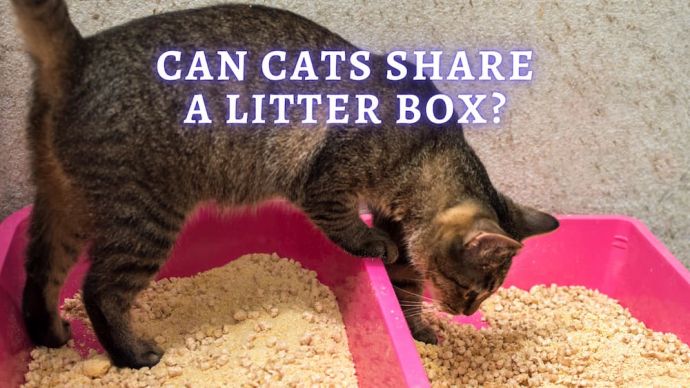 Cat Care Can Cats Share a Litter Box? How Many Boxes Should Be in a Multi-Cat House?
Cat Care Can Cats Share a Litter Box? How Many Boxes Should Be in a Multi-Cat House? - 232
- 1
 Cat Care Why Does My Cat Attack My Legs? 10 Reasons Why and What To Do About It (Vet-Approved Advice)
Cat Care Why Does My Cat Attack My Legs? 10 Reasons Why and What To Do About It (Vet-Approved Advice) - 46013
- 21
 Cat Veterinary Tips Cat Stomach Gurgling: Vet Advice on Why is Your Cat Stomach Gurgling?
Cat Veterinary Tips Cat Stomach Gurgling: Vet Advice on Why is Your Cat Stomach Gurgling? - 36469
- 4
 Cat Veterinary Tips My Cat Lost its Voice: Can Cats get Laryngitis? (Vet Advice)
Cat Veterinary Tips My Cat Lost its Voice: Can Cats get Laryngitis? (Vet Advice) - 23554
- 13









